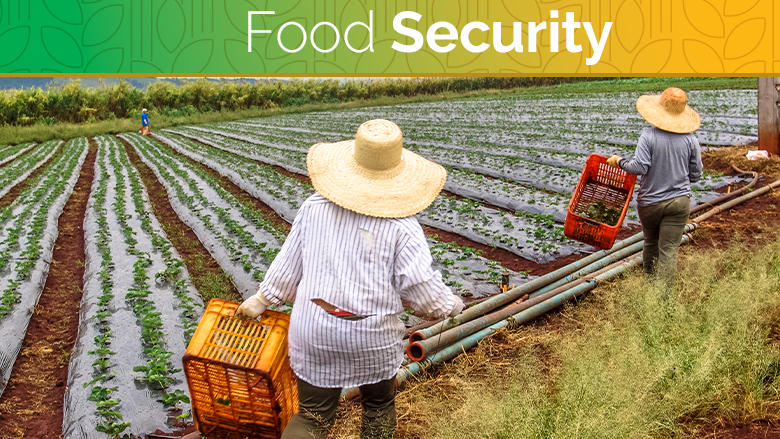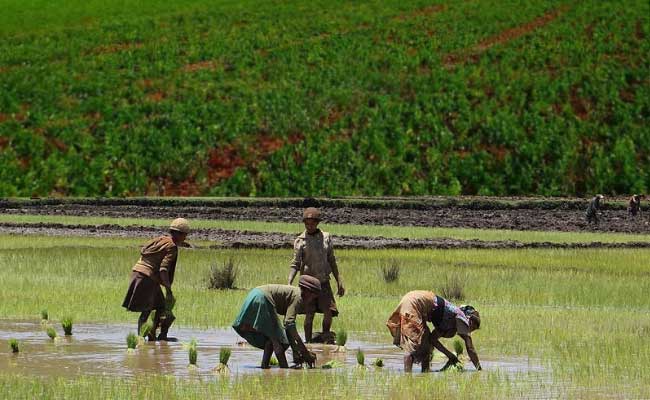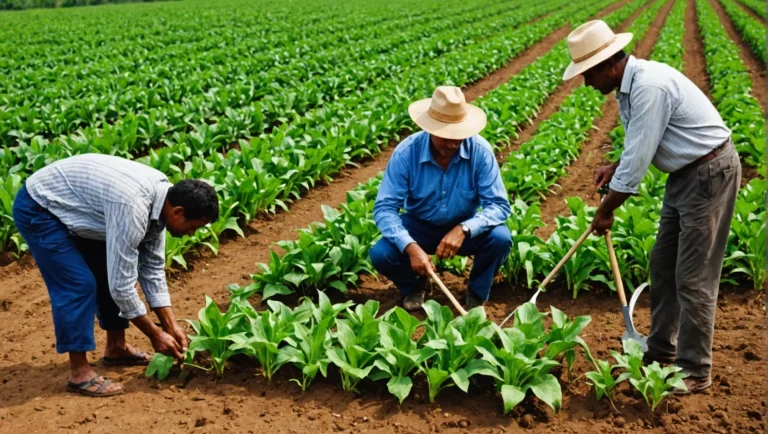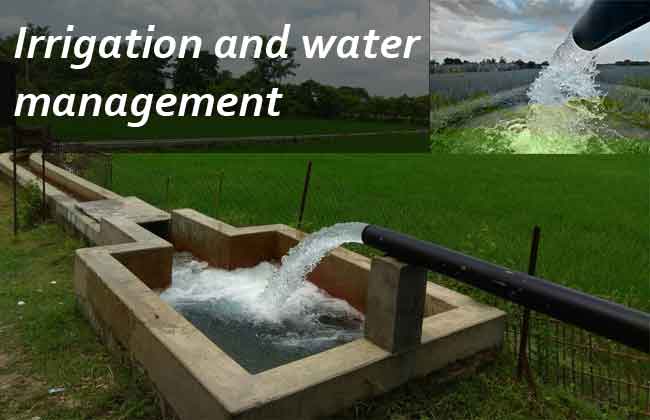Agriculture plays an important role in ensuring food security for a growing world population. As of 2023, the world is home to approximately 8 billion people and projections indicate that this number will reach approximately 9.7 billion by 2050. With this rapid population growth comes the challenge of providing enough nutritious food to sustain everyone This article explores the key role of agriculture in global food security, its challenges, and strategies that can be implemented to ensure a sustainable food supply for future generations.
Understanding food security
Food security exists when all people, at all times, have physical, social, and economic access to adequate, safe, and nutritious food that meets their food needs and food preferences for an active and healthy life. This concept includes several dimensions:
- Availability: Ensuring that enough food is produced to meet the needs of the population.
- Access: Ensuring that people have access to food, whether by purchasing, growing or receiving assistance.
- Usage: To ensure that food consumed is nutritious and safe for health.
- Stability: Maintaining food security over time, even in the face of crises such as natural disasters or economic downturns.
Agriculture directly affects all these dimensions by producing food that sustains humanity.
Contribution of agriculture to food security
Food production: Agriculture is the backbone of food production, providing essential crops and livestock products. Major staple foods such as rice, wheat, and maize are essential to the diet of billions of people. Sustainable agricultural practices can increase productivity and yields, ensuring a stable food supply.
Economic growth: In many developing countries, agriculture is a primary source of income and employment. By increasing agricultural productivity, economies can improve livelihoods and reduce poverty, giving more people access to food.
Rural Development: Agriculture supports the rural population, providing employment and infrastructure development. A strong agricultural sector can lead to better education, health care, and social services, which contribute to food security.
Biodiversity and Ecosystem Services: Sustainable agricultural practices help maintain biodiversity, which is crucial for resilient ecosystems. Diverse crops and livestock contribute to food security by providing a variety of nutrients and increasing the resilience of food systems against pests, diseases, and climate change.
Cultural and Nutritional Diversity: Agriculture promotes cultural diversity through the cultivation of indigenous crops and livestock. This diversity not only enriches food but also strengthens community identity and food traditions.
Global food security challenges
Despite the important role agriculture plays, several challenges threaten food security:
Climate Change: Changes in weather patterns, extreme temperatures, and unpredictable rainfall can severely affect agricultural production. Crop yields may decline, leading to food shortages.
Resource depletion: Over-farming, deforestation, and water scarcity threaten the land and resources needed for sustainable agriculture. Soil degradation reduces agricultural productivity and increases the risk of food insecurity.
Population Growth: A growing population intensifies the demand for food, which necessitates an increase in agricultural production. Meeting this demand sustainably is an important challenge.
Economic Inequality: In many regions, economic inequality limits access to food, leaving millions facing hunger despite adequate global food production. Addressing poverty is essential to improving food access.
Political Instability and Conflict: War and political unrest disrupt food production and distribution, resulting in severe food insecurity in affected areas.
Strategies for enhancing food security through agriculture
To strengthen the role of agriculture in global food security, several strategies can be implemented:
Sustainable agricultural practices: Promoting technologies such as agronomy, organic farming, and conservation agriculture can increase productivity while protecting the environment.
Investing in research and development: Funding agricultural research can lead to the development of resilient crop varieties and innovative farming systems that adapt to changing climates and market demands.
Improved infrastructure: Investments in rural infrastructure, such as roads and storage facilities, can improve food distribution, reduce post-harvest losses, and improve access to markets.
Education and Training: Providing education and training to farmers on sustainable practices, technology, and business management can empower them to increase productivity and income.
Strengthening food systems: Building resilient food systems that integrate local farmers, markets, and consumers can improve access to nutritious food and reduce dependence on global supply chains.
Agriculture is essential for achieving global food security and addressing the complex challenges posed by population growth, climate change, and economic inequality. By investing in sustainable agricultural practices, supporting rural development, and improving food systems, we can ensure that future generations have access to adequate, safe, and nutritious food. As we navigate the uncertainties of the future, agriculture will continue to play a critical role in building a secure and sustainable food environment for all.
Read Also: The Water Crisis
![]()






One thought on “The Role of Agriculture in Global Food Security”